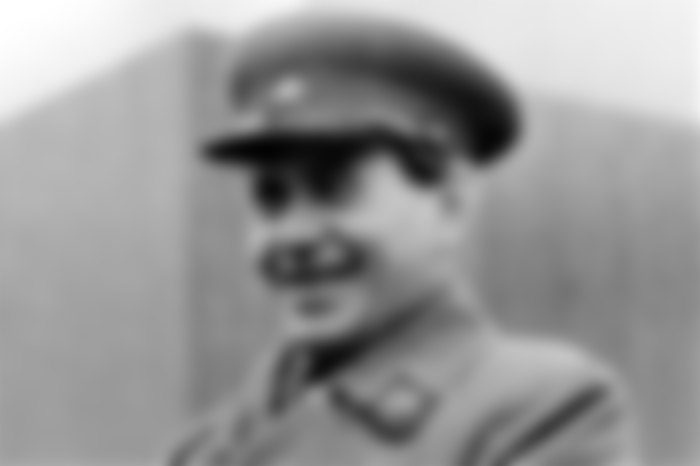For people who are engaged in public work, there is no worse fate than for future generations to forget you, for your name to be removed from the collective memory and for it to be as if you never even existed. History is full of such examples, but none are as interesting as the case of the "missing Soviet state security officer" Nikolai Ivanovich Yezhov.

The name of Nikolai Ivanovich Yezhov would be written in black letters on the pages of the darkest Soviet history. He was the head of the secret police of this country at the time of the greatest purges, directly or indirectly responsible for the deaths of hundreds of thousands of people.
Even today, he would be remembered only for evil and tremble at the mention of his name… ie that after his death his character and work were not systematically removed from all public writings, from all photographs and finally from the memory of the Soviet people!
Nikolai Yezhov was one of the most hated Soviet politicians, best known as the director of the NKVD, the Soviet secret police and the forerunner of the KGB from 1936 to 1938.
His tenure was marked by the culmination of the Great Purge, of which he was the chief executor. Some contemporaries remembered that in performing this work, Ježov showed such cruelty and ruthlessness that this period of Soviet history was called "Ježovščina" after him.

Nikolai Yezhov was completely loyal to Stalin, but his sadistic outbursts and unscrupulousness reached the ears of the Soviet leader. By 1938, Stalin himself had concluded that there was more harm than good to Ježov. In the same year he was removed and expelled from public life.
However, even without power, Ježov was dangerous. That is why in 1939 he was convicted of treason.
It must have been quite ironic for the ruthless and cruel Ježov that, after the hundreds of thousands of people he sent to his death, he found himself on the list with the shooting. His execution was kept in strict secrecy, and the body was immediately cremated.
Fearing that Nikolai Yezhov's name might continue to live on after his death, the Soviet authorities ordered one of the most famous "damnatio memoriae" campaigns after 1940 - expulsion from memory.
After that, the name of Nikolai Yezhov was removed from all official documents and was never mentioned again.

In addition, his character was methodically erased from all photographs in which he had previously been with Stalin. An example of this is this picture where in the original Ježov is on the right of Stalin, and on the right the picture was deleted by the censors.
His adopted daughter Natalia tried to rehabilitate her father years later, but a Russian court rejected this request in 1998. By that time, Nikolai Yezhov had already been nicknamed the "Missing Commissioner" among historians.
Ironically, the world still remembers him, but precisely because of the attempts of the Soviet authorities to forget him - he became one of the most famous examples of "non-personality" in autocratic and totalitarian regimes.



Nice Place